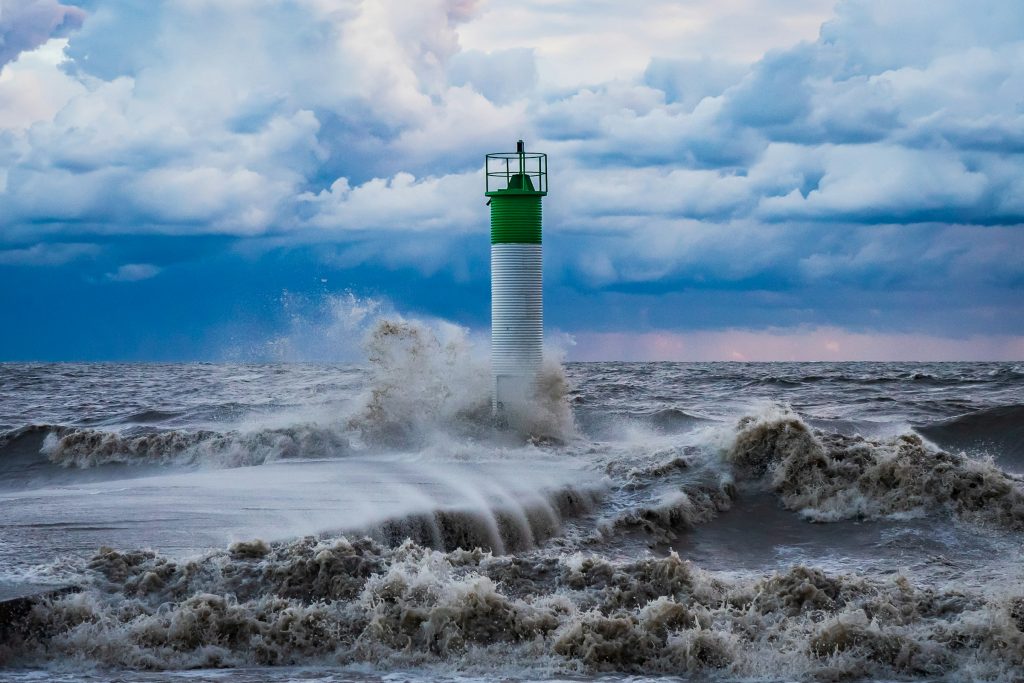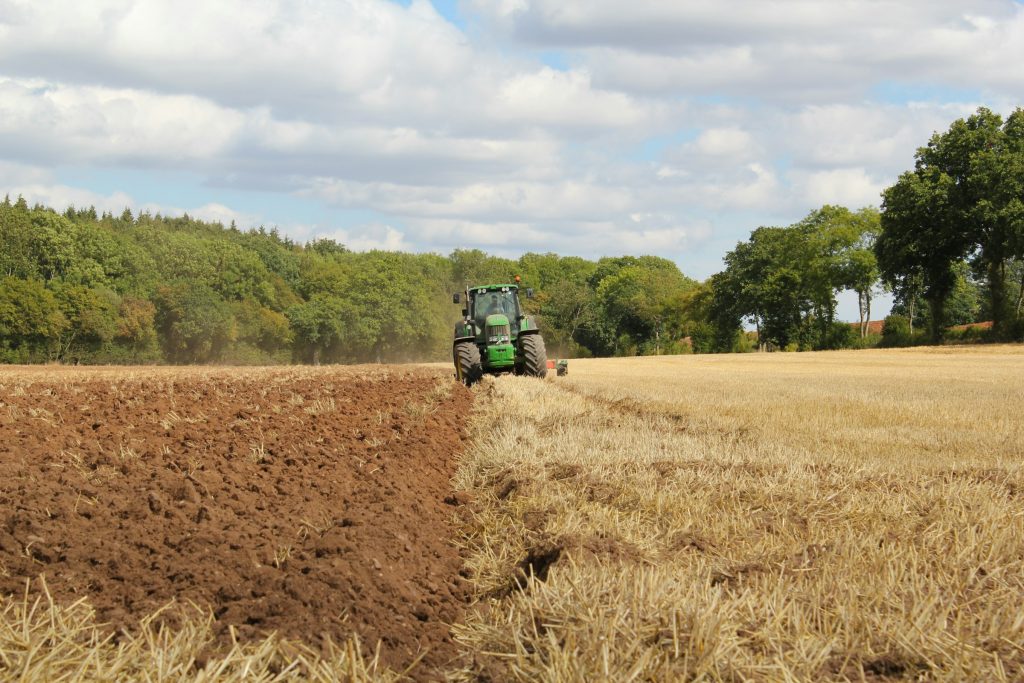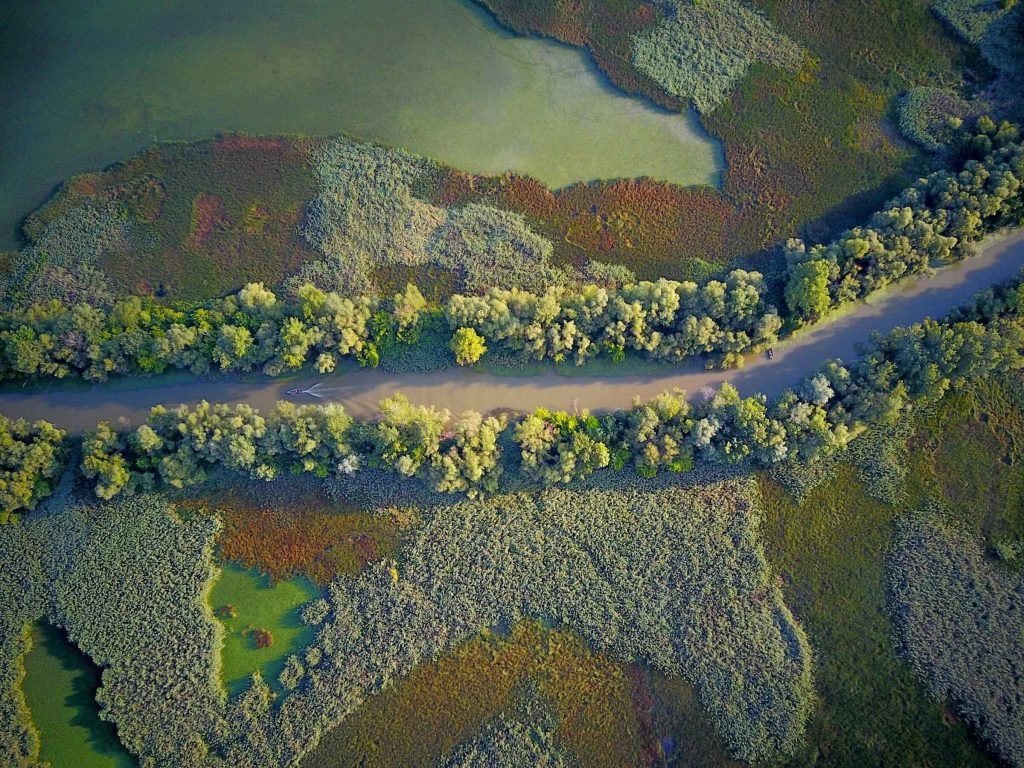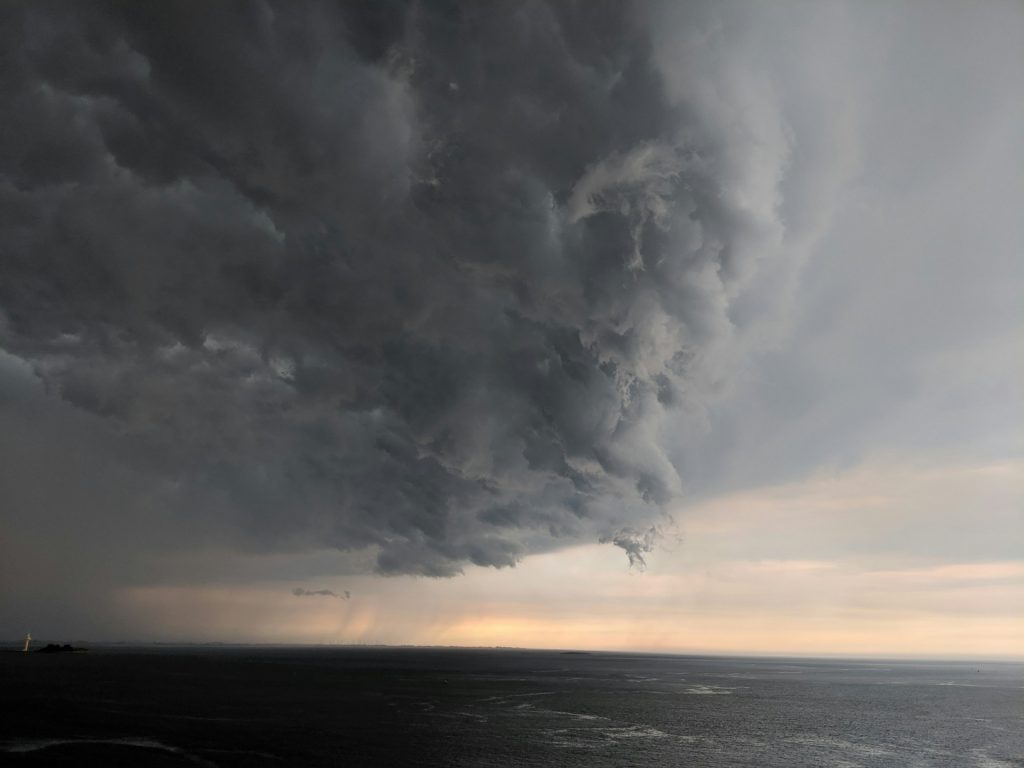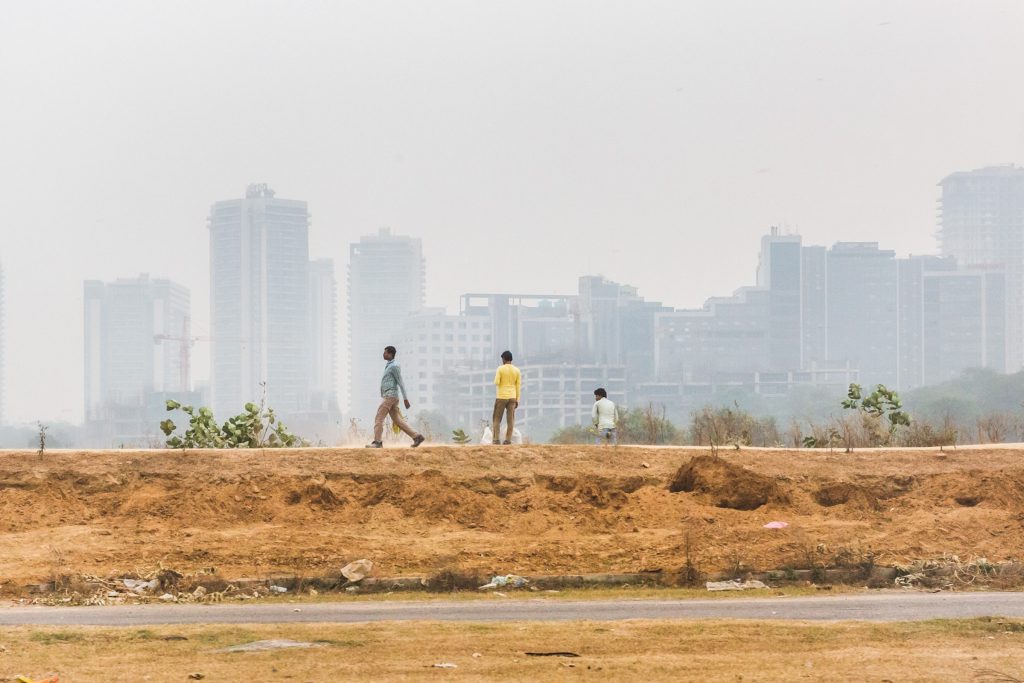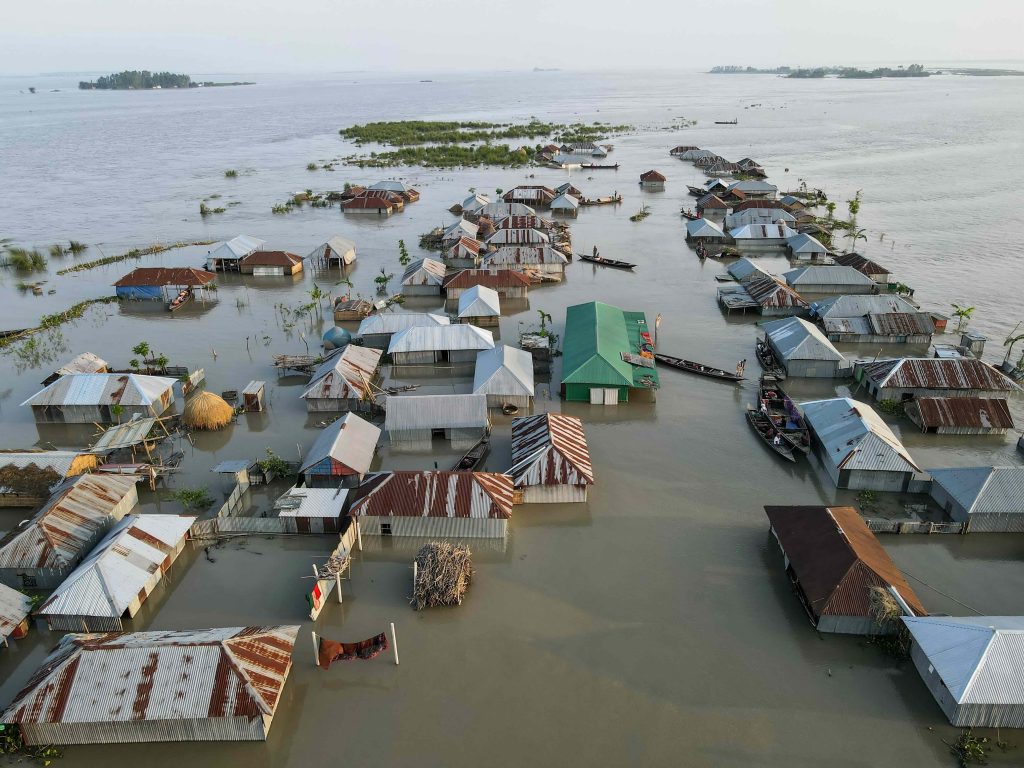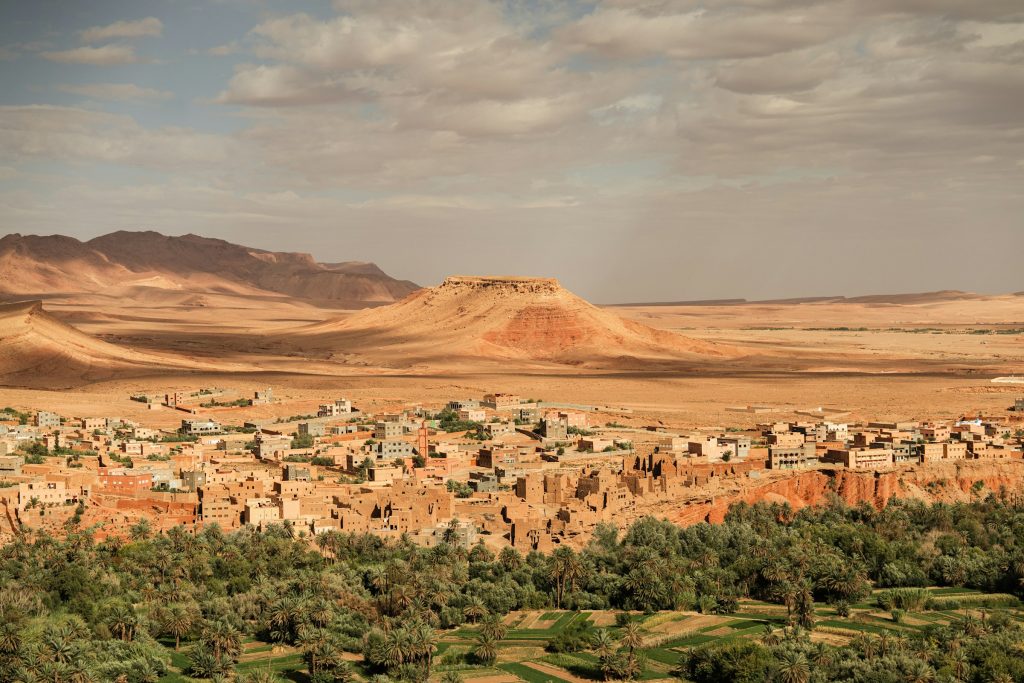
From research to climate solutions: Lessons from the Sahel drought
What are the causes of drought in the American dust belt or the Sahelian savanna? Are local practices to blame or should we be looking at broader climatic factors? Through an exploration of the causes and consequences of the Sahelian drought of the late 20th-century, Professor Alessandra Giannini explores the interplay between local and global factors and how attribution studies can have profound implications for adaptation efforts in the Sahel and beyond.


